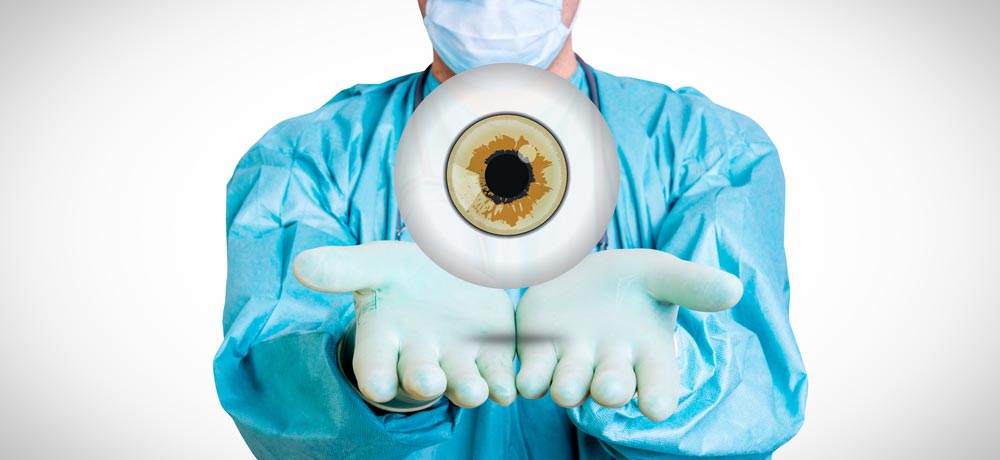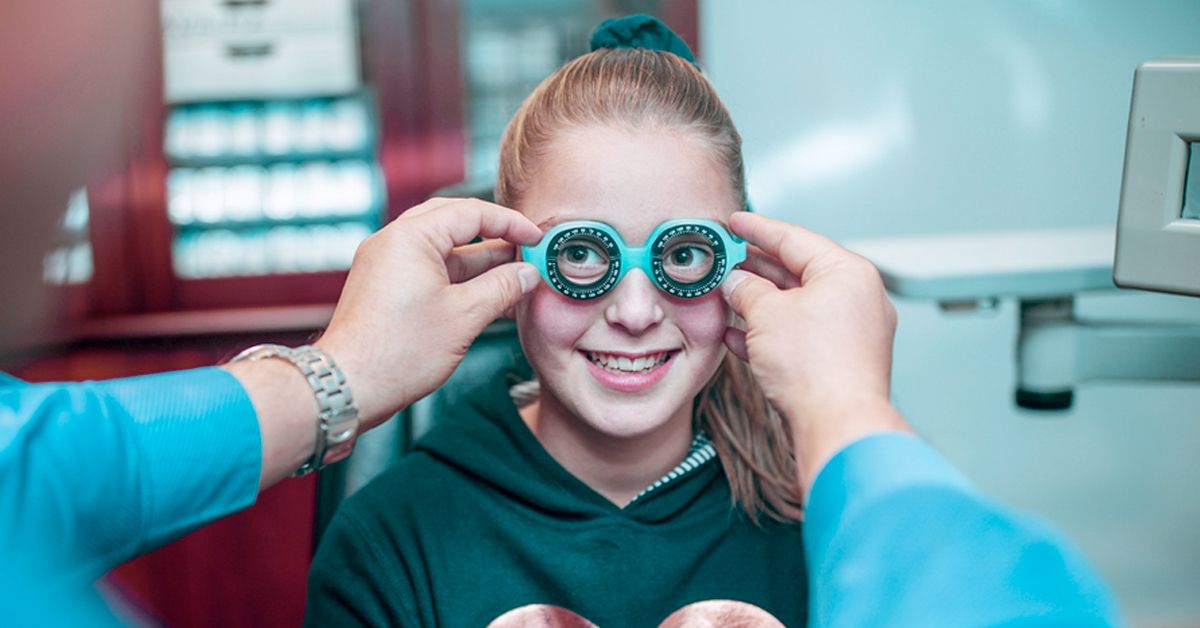Andalusia Eye Center: Innovating Vision Care for Community Health
Andalusia Eye Center: Innovating Vision Care for Community Health
Blog Article
Is Refractive Surgical Procedure Right for You? Factors to Take Into Consideration for Better Eyecare
In the world of eye care, the decision to undertake refractive surgical procedure is a substantial one that requires thoughtful factor to consider. From the details of one's eye health to the complexities of individual expectations and day-to-day practices, each facet holds value in the wider landscape of refractive surgery candidateship.
Eye Health Analysis
When thinking about refractive surgical procedure, a comprehensive eye health examination is crucial to assess the viability of the procedure for each and every individual. neurologist andalusia. This evaluation includes a collection of evaluations and examinations carried out by an eye care specialist to establish the total wellness of the eyes, the presence of any underlying conditions, and the stability of the refractive mistake
Throughout the analysis, different aspects are taken into consideration, such as the patient's clinical history, present eye prescription, corneal density, pupil dimension, and tear film top quality. These evaluations help to determine any kind of contraindications to refractive surgical treatment, such as corneal problems, cataracts, or without treatment eye infections. Furthermore, the evaluation helps to handle patient expectations concerning the possible end results of the surgical procedure based on their special eye qualities.
Eventually, the eye wellness assessment is necessary in ensuring the safety and security and efficiency of refractive surgery, as it gives useful understandings right into the person's eye health condition and assists figure out the most ideal therapy choices for attaining optimal aesthetic outcomes. (eye center andalusia)
Way Of Life Analysis
An extensive lifestyle evaluation is important in determining the suitability of refractive surgery for a person's visual modification needs. Way of living aspects such as profession, pastimes, and daily activities play an important role in the decision-making process relating to refractive surgical treatment. For circumstances, people with professions that entail a high level of exercise or exposure to environmental aspects might have different visual demands contrasted to those with sedentary workdesk tasks. Recognizing how an individual's lifestyle might influence their vision post-surgery is vital for managing assumptions and ensuring optimal outcomes.
Moreover, lifestyle practices such as sports engagement, outside activities, or even skin care regimens can affect the recovery process and general success of refractive surgery. By conducting an extensive way of life analysis, eye care specialists can customize their recommendations and treatment strategies to satisfy the distinct demands of each client, ultimately leading to enhanced aesthetic outcomes and complete satisfaction.
Expectation Alignment

Clients require to comprehend that while lots of people attain 20/20 vision or far better adhering to refractive surgical treatment, some may still call for glasses for specific activities like reading or driving at night. Taking care of these assumptions helps prevent disappointment and frustration post-surgery, leading to a much more favorable total experience for the person.
Threat Evaluation

Elements that might enhance the threat of complications consist of age, particular medical problems like autoimmune diseases, unstable vision prescription, slim corneas, and impractical client assumptions. Additionally, selecting a skilled and knowledgeable doctor, complying with pre and post-operative care directions vigilantly, and disclosing any relevant medical background can aid alleviate dangers.
To reduce the probability of difficulties, ophthalmologists carry out detailed pre-operative examinations read to identify any contraindications to surgery. They also talk about the potential risks and advantages with individuals throughout the consultation procedure. By taking part in open communication and shared decision-making, both the person and the eye doctor can collaborate to figure out if refractive surgical procedure is the ideal option based upon specific danger accounts and preferred results.
Assessment Relevance
Taking into consideration the vital function of notified decision-making in analyzing threats and potential issues in refractive surgical treatment, the appointment process holds substantial relevance in assisting individuals towards optimal end results. During the examination, the eye doctor reviews the client's eye health and wellness, refractive mistakes, and overall suitability for surgery. This initial evaluation is vital in figuring out the most appropriate procedure for each individual, thinking about variables such as corneal density, pupil size, and existing eye problems.
Furthermore, the examination acts as an opportunity for clients to discuss their assumptions, concerns, and any inquiries they may have pertaining to the surgical procedure. Clear interaction in between the person and the surgeon is necessary to ensure reasonable assumptions and an extensive understanding of the potential risks and advantages involved.
In addition, the assessment enables the doctor to discuss the various surgical options available, their respective outcomes, and the post-operative care required. This extensive conversation equips people to make knowledgeable choices concerning their eye care, leading to far better contentment and end results post-surgery.
Final Thought
In verdict, people taking into consideration refractive surgical treatment should undertake a comprehensive eye health analysis, continue reading this analyze their way of living practices, align their assumptions with possible outcomes, evaluate the involved risks, and prioritize assessments with eye treatment specialists. These factors play a crucial role in figuring out the viability of refractive surgical treatment for each individual, making certain optimum end results and contentment with the treatment.
Individuals thinking about refractive surgical procedure commonly have high expectations regarding the results, expecting perfect vision without the demand for glasses or contact lenses. While refractive surgical treatment can greatly improve vision and minimize reliance on aesthetic help, it is critical for people to recognize that outcomes may vary based on specific variables such as the degree of refractive error, corneal density, and total eye wellness.
By involving in open communication and shared decision-making, both the ophthalmologist and the patient can function with each other to establish if refractive surgical treatment is the best choice based on private threat profiles and wanted results.
Taking into consideration the crucial function of informed decision-making click site in evaluating threats and potential problems in refractive surgical procedure, the assessment procedure holds substantial relevance in guiding patients in the direction of optimal results. Throughout the consultation, the eye doctor assesses the client's eye health and wellness, refractive mistakes, and overall suitability for surgical treatment.
Report this page